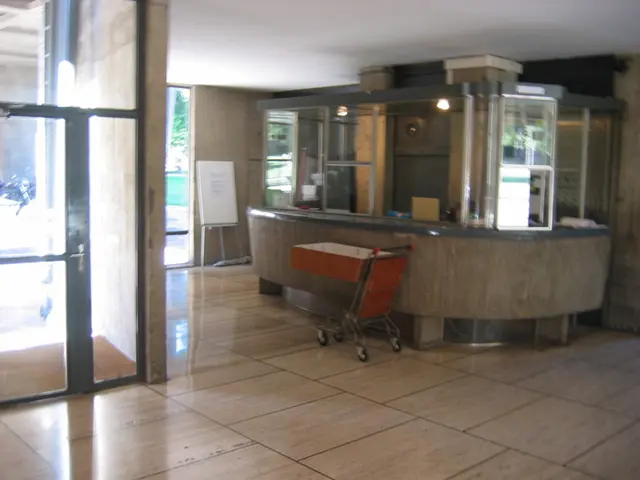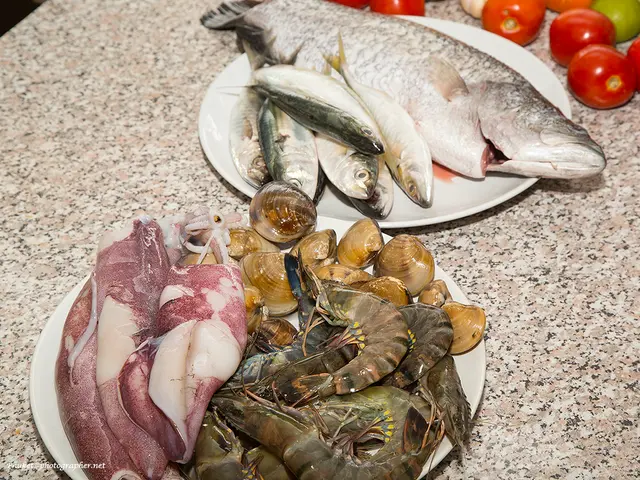Slowing Down Your Journey: Detailed Insights into Mindful Traveling
Slow travel is gaining popularity among travellers seeking a more immersive, mindful, and sustainable travel experience. By choosing slower modes of transport, engaging with local culture, and prioritizing environmental consciousness, slow travel encourages a deeper connection with place and people, supports local economies, and reduces negative environmental impacts.
Adopting the principles of slow travel can transform your travel experience, making it more rewarding and ethical. Here are some key principles to consider:
1. Travel Slowly and Mindfully: Opt for trains, buses, or biking over flying short distances or rushing from place to place. This allows for a more authentic and engaging experience with the environment and local culture.
2. Environmental Consciousness: Reduce your carbon footprint by adopting eco-friendly behaviours such as conserving water, minimizing waste, and supporting green accommodations.
3. Cultural Immersion: Engage with locals by participating in traditional activities, attending cultural events, visiting local markets, and learning crafts directly from artisans. This builds meaningful connections and benefits the community.
4. Support Local Economy: Prioritize Indigenous-led businesses, local guides, eco-tourism projects, and sustainable food options connected to the region's culture.
5. Respect Nature and Heritage: Practice responsible tourism by appreciating and helping conserve natural settings, like forests, watersheds, and wildlife habitats, often through participation in conservation efforts or choosing eco-certified accommodations.
When planning your slow travel itinerary, consider staying longer in fewer places, travelling off-season or shoulder season, using local transportation, planning for flexibility, and booking eco-friendly accommodations.
For instance, a two-week itinerary could explore 1-2 destinations with at least 5-7 days in each. Alternatively, a one-week itinerary could focus on a single destination with an optional day trip.
Destination recommendations for slow travel include Tofino, British Columbia, Canada, known for its calm coastal scenery, rainforest walks, Indigenous community engagement, and eco-tourism. Portugal, with its green-certified hotels, rich cultural festivals, artisan workshops, and strong focus on environmental responsibility, is another excellent choice.
Additional tips for slow travel include prioritizing slow food by enjoying local, authentic cuisine made with sustainable ingredients, practicing water and energy conservation during your stays, and incorporating affordable slow travel practices like staying in vacation rentals, house-sitting, or exploring on foot or bicycle.
By adopting these principles and strategies, slow travel enhances connection with place and people, supports local economies sustainably, and reduces negative environmental impacts, creating a more rewarding and ethical travel experience. Whether you're seeking a calmer vibe, a slower pace, or a more authentic connection with your destination, slow travel offers a refreshing alternative to the rush of checking off destinations on a bucket list.
- To make your travel experience more mindful and sustainable, opt for slow and deliberate travel, choosing trains, buses, or biking over flying or rushing from place to place.
- Reduce your carbon footprint by adopting eco-friendly behaviors during your slow travel journey, such as conserving water, minimizing waste, and supporting green accommodations.
- Engage with local culture by participating in traditional activities, attending cultural events, visiting local markets, and learning crafts directly from artisans, creating meaningful connections and supporting the community.
- Support local economies by prioritizing Indigenous-led businesses, local guides, eco-tourism projects, and sustainable food options connected to the region's culture during your slow travel itinerary.
- Plan your slow travel itinerary by staying longer in fewer places, traveling off-season or shoulder season, using local transportation, planning for flexibility, and booking eco-friendly accommodations, like those in Tofino, British Columbia, Canada, or Portugal, known for their environmental responsibility and rich cultural offerings.





